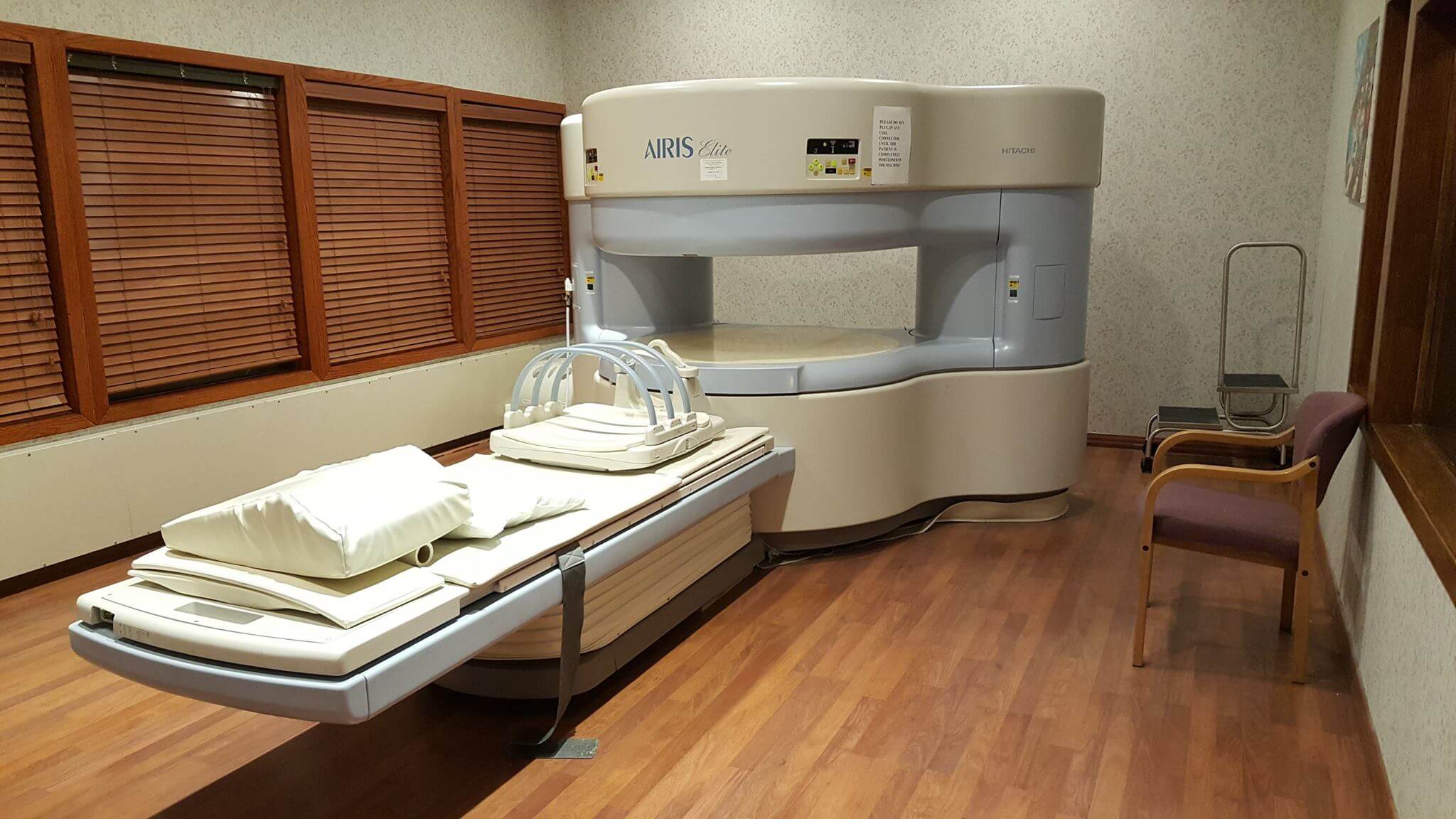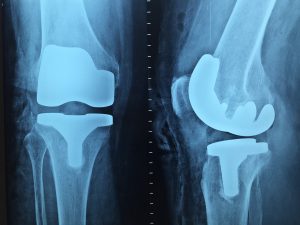Radiology is an essential part of modern healthcare. The branch of medicine that uses imaging techniques to diagnose and treat various medical conditions. Radiologists are medical professionals who specialize in interpreting these images to help diagnose diseases or injuries, monitor the progression of treatment, and guide interventional procedures. Radiology plays a key role in the early diagnosis and detection of diseases. This is one of the primary roles of this field. Imaging techniques detect abnormalities even before symptoms appear doctors start treatment early and increase the chances of successful outcomes. Mammography is used for breast cancer screening, and CT scans for lung cancer detection. In detecting diseases at an early stage, radiology also plays a crucial role in monitoring disease progression during treatment. As a result of the use of imaging techniques, changes in tumors or other anomalous areas can be tracked over time to determine whether a treatment is working effectively.

radiology near me in New Jersey provides interventional procedures like biopsies, drainage procedures, or ablations with accurate visualization and precision using imaging guidance such as ultrasound or CT scans. Utilized differently similar goals, accurate diagnosis followed by effective management options designed specifically according to the patient’s individual needs. The increasing demand for telehealth services further emphasizes the importance of radiology in modern healthcare. Remote medical diagnoses and treatment make healthcare more convenient for those living in rural or remote areas. By enabling physicians to interpret images remotely from faraway imaging centers, radiology plays a crucial role in telemedicine. Radiology is not without challenges. Overutilization also causes anxiety for patients who may worry about the implications of an abnormal test result being nothing serious. Radiologists work with clinicians to appropriate utilization of imaging tests while minimizing patient risk.
Integrated into clinical practice, it would improve efficiency, speed, and accuracy, while reducing costs. It is a vital component of modern-day medicine and provides valuable information for diagnosing diseases, planning treatments, and monitoring progress. With advancements in technology like AI and ML-based algorithms helping streamline workflow processes for radiologists worldwide, we expect even better outcomes from this field as time goes on.



